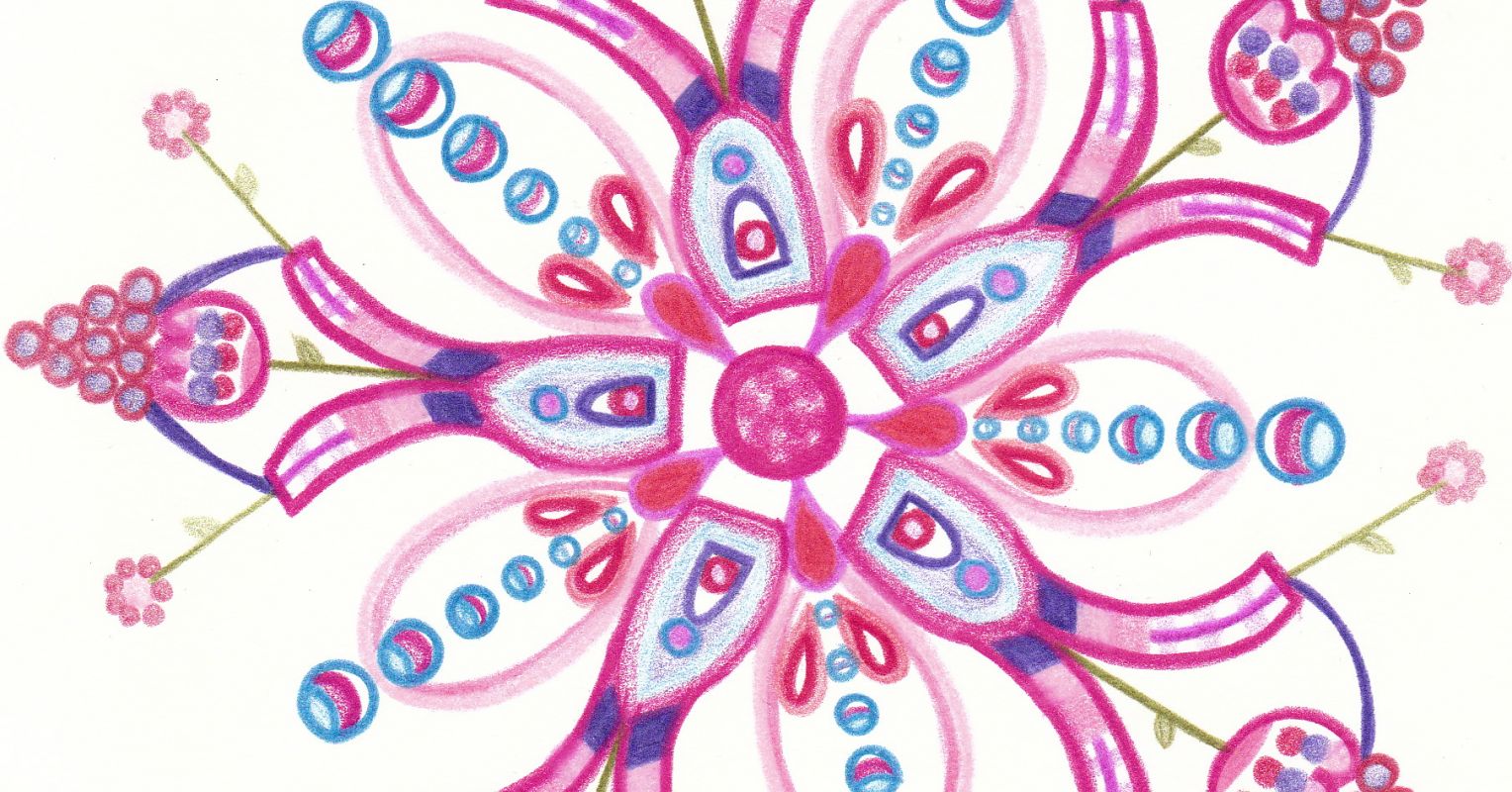
"Researchers have found that mentalization is an undervalued treatment for people in addiction recovery. Mentalization-based treatment helps people reflect upon and redirect urges and impulses. Knowing one's mind, feelings, triggers, and motivations, however conflicted, improves outcomes in work, love, life, and re-creating a life. Better understanding of the inner states and traits of others is also useful. Secure attachment fosters mentalization or a capacity to understand, process, and manage one's inner life."
"Ideally, a caregiver shares in a child's concerns. The others-witnessing: "I get it"; weathering: "I'm with you"; and offering: "What if we look at it another way?"-are crucial elements for coping. These interventions, whether intuitive or explicit, model a path for stepping back, processing the situation, and finding one's way. The good news is that one can learn mentalization later in life and use it to help with recovery from addiction."
Mentalization is the capacity to understand one’s thoughts, feelings, and motivations and to recognize similar states in others. Secure attachment in early life fosters that capacity, while insecure or stressful caregiving can impede emotional processing and increase addiction risk. Caregiver responses such as others-witnessing (“I get it”), weathering (“I’m with you”), and offering (“What if we look at it another way?”) model stepping back and processing emotion. Without such processing, alexithymia or emotional blindness can emerge, and substances may serve as self-medication. Mentalization-based treatment teaches reflection and impulse redirection, supports recovery, and can be learned later in life.
Read at Psychology Today
Unable to calculate read time
Collection
[
|
...
]